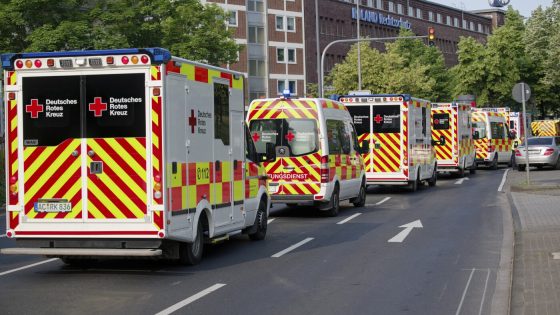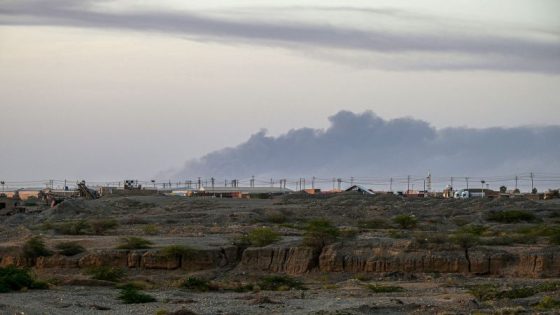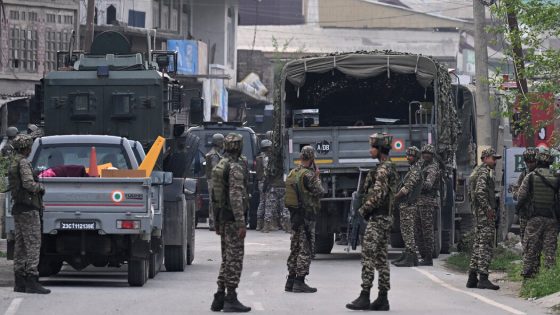Cologne, Germany, witnessed a significant evacuation on June 4, 2025, as experts defused three unexploded U.S. bombs from World War II. This incident highlights the ongoing legacy of wartime remnants that continue to pose risks in modern Europe.
- Three WWII bombs were defused in Cologne.
- Over 20,000 residents evacuated city center.
- Evacuation included 58 hotels and schools.
- Historic center location caused significant concern.
- Bomb discovery delayed due to resident refusal.
- Unexploded bombs remain common in Germany.
Over 20,000 residents were evacuated from the city center, marking the largest such operation since the war’s end. The bombs were discovered during road construction, prompting swift action from city authorities to ensure public safety.
This incident raises important questions about urban safety and historical preservation. As cities evolve, how do we balance development with the risks posed by unexploded ordnance? Consider these points:
- Historical artifacts can pose modern dangers.
- Large-scale evacuations are sometimes necessary for public safety.
- Urban development must consider historical contexts.
- Ongoing vigilance is crucial in post-war cities.
As cities continue to grow and evolve, it’s vital to remain aware of historical legacies that could affect future developments. Are we prepared to address these challenges head-on?

































